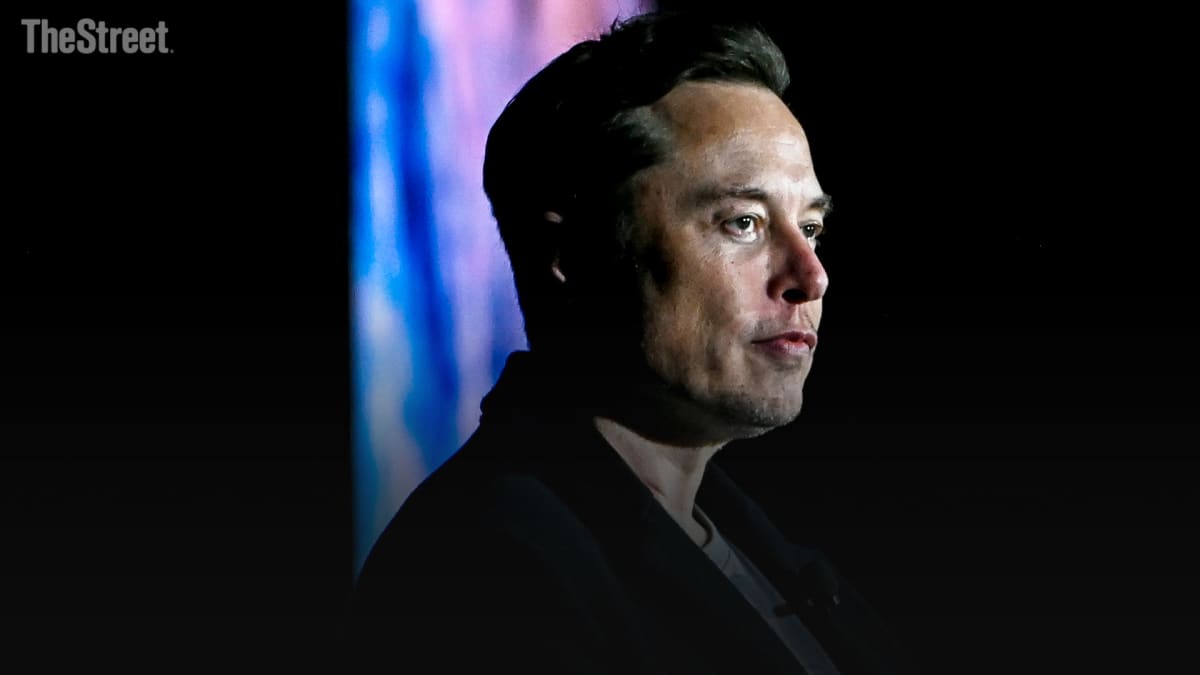
Elon Musk wants to erase the bad memory of his show with Florida Republican Governor Ron DeSantis.
The hopeful candidate on May 24 decided to announce his presidential bid on Twitter, as part of an interview with the billionaire. The move was an unconventional choice and was intended to position DeSantis as a maverick and introduce him to Musk's 140 million Twitter followers.
These followers are, for some, the billionaire's fans who worship him. They do not tolerate any negative criticism of their hero and attack any article that is even slightly unfavorable to the Techno King as he's known at Tesla (TSLA).
Since acquiring Twitter in October for $44 billion and deciding to make it the bastion of free speech, a platform where anything can be said as long as it doesn't break the law, Musk has also become the champion of conservatives in the new culture war against the "woke mind virus", that is, progressive values.
Musk Wants to Change the Narrative
The problem is that not everything went as planned. The tech mogul believed that DeSantis' announcement would go down in social media history. While the interview may have made history for the platform, it will often be remembered on the negative side. The conversation, which was a live audio Twitter Spaces, started almost half an hour late due to technical problems. These glitches turned off hundreds of thousands of people who initially tuned in, so that, when the technical issues were ironed out, only less than 300,000 Twitter users followed the exchange between the two men. Media coverage was vicious and unanimous: it was a fiasco, which also brought to mind some of Musk's controversial decisions, like firing more than 69% of Twitter employees.
This failure seems to be personal for Musk, who is used to impressing the world. In the hours that followed, he tried to downplay the issues by arguing that the event had received "massive attention" and that Twitter had recorded a record number of signups, but critics were not convinced. The failed interview even gave political pundits reason to conclude that DeSantis, who is behind former President Donald Trump in the polls for the Republican nomination, has complicated the task a little more and will have to now climb Mount Everest to reverse the trend.
Musk did not give up. The billionaire wants to change the narrative surrounding this event at all costs. He seems ready to seize on any argument even if this means exaggerating the facts. This is what he has just done with the fundraising figures announced by the DeSantis campaign. The problem is that Musk was corrected by Community Notes, a type of fact check system he set up on Twitter.
"Lot of noise about @RonDeSantis announcing & discussing his Presidential bid on this platform," the billionaire said on May 26, with a link to a CBS' story saying that DeSantis raised "$8.2 million in first 24 hours" after launching his presidential campaign. "But you what isn’t noise? Setting an all-time record for fundraising!"
He then encouraged organizations and other presidential hopefuls to consider Twitter for their big news: "Worth considering for announcements in general," Musk said.
He Won't Let His Critics Write the Story
The billionaire was immediately corrected by Community Notes, his weapon against non-accurate facts and misleading tweets.
"This tweet is factually incorrect," the fact check program, which allows users to add context to tweets in order to maintain content quality and reduce misinformation on the platform, flagged on Musk's post. "Trump raised $25M in 2019. Removing large donors, it's still $14M."
It continued: "Furthermore half of Gov. DeSantis' donations came via donor event that started in advance of the Space. Pres. Joe Biden raised $6.3M toping DeSantis' online donations."
The correction is a big setback for Musk in that it deals a big blow to his desire to change the narrative. But the billionaire's tweet shows how far he's willing to go to erase one of his biggest flops. It also suggests that Musk doesn't want to let his critics and detractors write the story. The Techno King saw the interview as being his crowning achievement as the kingmaker of US politics, a sort of competitor to media mogul Rupert Murdoch, whose Fox empire serves as the path that any conservative politician, seeking to establish themselves, has had to go through for the past few years.
The billionaire is also keen to erase the narrative that, by lending DeSantis the platform, he politicized Twitter. He aligned the social network with a political party candidate, thus officially making the platform a partisan social network. Most social networks, whether Facebook, Instagram, YouTube or TikTok, do everything to avoid supporting politicians. They often limit themselves to initiatives such as encouraging their users to vote, but do not officially promote a candidate.


.png?w=600)




